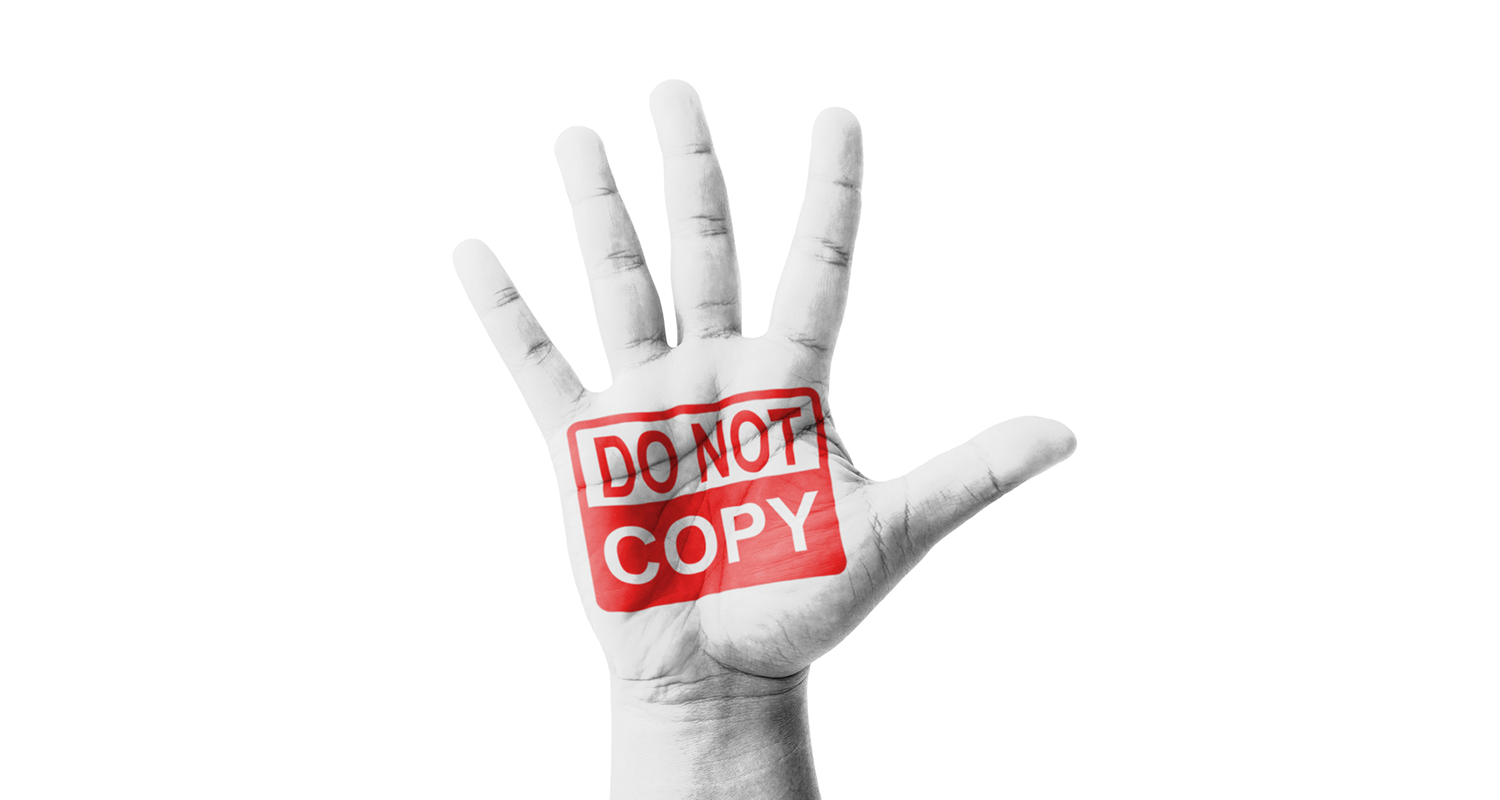If you’re someone who’s working in the creative field, no matter what your industry is, you are definitely always worried about being plagiarized and your work was probably plagiarized at least once. Unfortunately, with the easy use of technology and social media, copying someone’s work has never been easier and as a creative person, you can find yourself a victim of copyright infringement or plagiarism.
Plagiarism and copyright infringement are different and both can be committed at the same time.
In fact, a few days ago, a famous designer was accused of committing both copyright infringement and plagiarism. The news went viral on social media platforms when a Russian artist exposed that the artwork that was used on the wall of the metro station of Koleyt Al-Banat belongs to him.
So, today, we will tell you the difference between copyright infringement and plagiarism, how to avoid them, and how to protect your work from them.
- Advertisement -
Plagiarism Vs Copyright Infringement
As much as both may seem similar, they are actually different and we will tell you how and with examples.
Plagiarism is using someone else’s work as your own without giving them the credit; it is not against the law as much as it is an unethical action that could lead to serious academic consequences. Plagiarism is not only limited to academic work, but it also applies to professional jobs and it can lead to the termination of the employee.
For example, if you copied a few sentences from an article without mentioning the source, then it falls under plagiarism.
Copyrights are a set of rights belonging to the creator allowing him to control how his work can be used, by who, when, and where. Violating these copyrights is called copyright infringement, which happens when someone steals or violates any of the rights above.
Copyrights infringement can also lead to legal consequences.
For example, if you copied an entire work from someone and claimed it is yours without mentioning the owner, it is copyright infringement.
Interesting Read ➤ Social Media Plagiarism: Does It Exist? And How to Avoid It?
What Happens If You Didn’t Credit The Owner
Committing plagiarism or copyright infringement could subject you to legal penalties.
Plagiarism or copyright infringement could be the end of your career as some it can turn into a scandal if the owner of the original work decided to expose you. This will eventually lead to either getting fired from your work or in some situations of violating someone’s copyrights, you might be subjected to the law and you might be sued!
Entities take these matters very seriously and have no tolerance for theft; even if the owner didn’t expose you, your entity might still know and take an action.
How To Avoid Committing Plagiarism or Copyright Infringement
You can follow some steps to avoid being accused of plagiarism or copyright infringement.
First of all, you have to know what copyrights protect and that it applies to anything owned by a person, whether an idea, painting, literary work, article, and so on.
Don’t use someone’s work and claim it as yours! If it’s not yours, don’t use it. Also, not everything you see on the internet can be used as they are all subjected to copyrights.
In case, you want to use an image, then it is recommended that you contact the original owner or seek websites that allow you to buy images.
Also, to avoid plagiarism, you have to credit the source you’re using; learn about citation and if you’re writing an article, write down every source you used.
How To Protect Your Work
You have to protect your work so if someone steals It, you can take legal action against them.
Protect your work by the law; it is recommended that you register your work under copyright law. You can also, watermark everything you create so no one can use it.
If you’re uploading your work on a platform then disable the right clicks on this website and make sure you put your information in the source file of your video or image.
Remember, no matter how hard you try to hide that you copied someone else’s work, it won’t work out and you will definitely be exposed.








